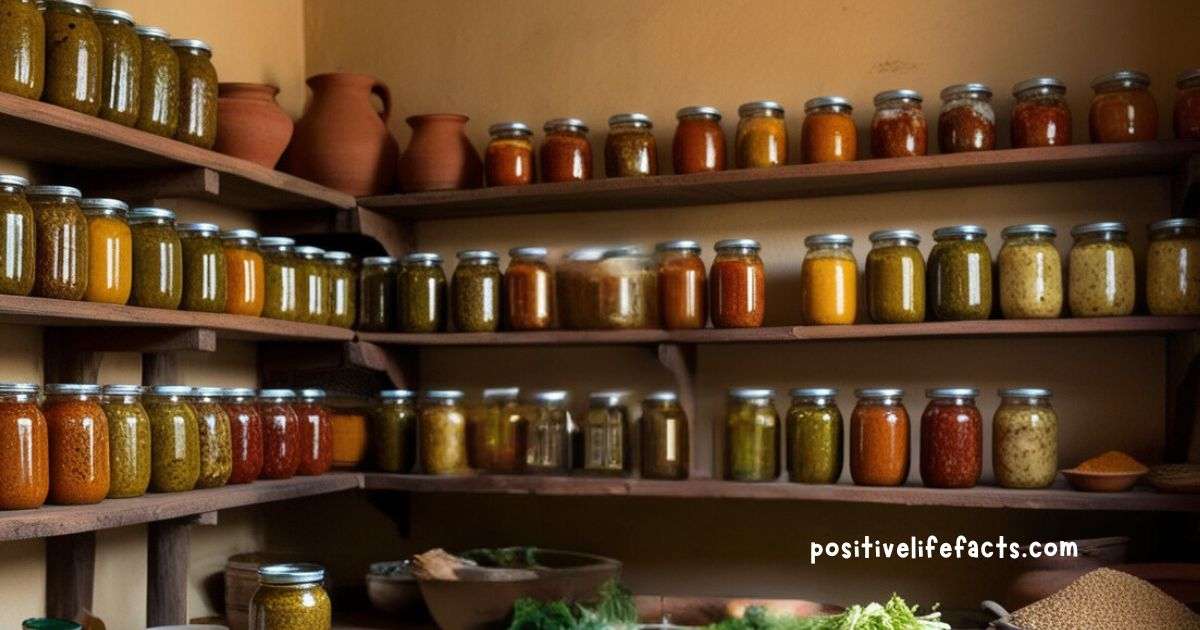Last updated on September 7th, 2024 at 12:13 pm
Discover Farm Didi’s innovative business model that empowers rural women through traditional food production. Explore their quality maintenance practices, branding, and marketing strategies that drive success and social impact.
Farm Didi is transforming rural economies with an innovative approach that blends social impact with traditional food production. By empowering rural women through a revenue-sharing model, Farm Didi is not only promoting economic growth but also preserving and promoting traditional Indian foods. This article delves into Farm Didi’s unique business model, commitment to quality, and the branding and marketing strategies that have contributed to its success.
“Some of the links in this post are affiliate links. ‘As an Amazon Associate I earn from qualifying purchase.’ This means if you click on the link and purchased the item. I will receive an affiliate commission at no extra cost to you. All opinions remain my own.”
The Farm Didi Business Model: A Revenue-Sharing Approach
At the heart of Farm Didi’s success is a revenue-sharing model designed to foster economic empowerment in rural areas. Here’s a closer look at how this model operates:
- Partnership with Local Communities: Farm Didi collaborates with self-help groups (SHGs) and non-governmental organizations (NGOs) to provide training and support to rural women in food production. These women, empowered with the necessary skills and resources, produce a variety of traditional food products like pickles, papads, and chutneys. Farm Didi then markets and sells these products, creating a sustainable income source for the women involved.
- Product Offering: Specializing in traditional food products made from natural ingredients, Farm Didi ensures that all items are free from preservatives. This commitment to quality is crucial in meeting the increasing demand for healthy and authentic food options, positioning Farm Didi as a trusted brand in the market.
- Target Market: Farm Didi’s primary customers are health-conscious individuals seeking traditional and wholesome food products. By focusing on this niche, the company taps into the growing trend of consumers who prioritize natural and sustainable food choices.
- Distribution Channels: To reach a wide customer base, Farm Didi utilizes multiple distribution channels. Their products are available on major e-commerce platforms like Amazon and Flipkart, as well as through their dedicated website, ensuring broad accessibility.
- Marketing Strategies: Farm Didi’s marketing efforts are multifaceted, incorporating social media campaigns, online advertising, and public relations to increase brand visibility and attract a diverse customer base.
- Pricing and Profitability: With competitive pricing, Farm Didi ensures its products are accessible while maintaining profitability. This efficient business model has driven rapid growth and continues to fuel the company’s success.
Maintaining Quality: Farm Didi’s Commitment to Excellence
Quality is a cornerstone of Farm Didi’s operations. The company goes to great lengths to ensure that every product meets rigorous standards, reflecting their dedication to excellence:
- Comprehensive Training: Farm Didi provides extensive training to rural women on essential quality and hygiene standards. This training covers everything from selecting the best ingredients to safe food preparation and proper packaging techniques.
- Regular Audits: To maintain high standards, Farm Didi conducts frequent audits of the production processes at the women’s homes and businesses. These audits help ensure adherence to quality protocols and identify areas for improvement.
- Lab Testing: Before reaching the market, all products undergo stringent lab testing to verify their safety and quality, reinforcing Farm Didi’s commitment to delivering the best to their customers.
- Customer Feedback: Farm Didi actively seeks customer feedback, using it as a valuable tool for identifying and addressing potential quality issues. This feedback loop is crucial for continuous improvement.
- Commitment to Improvement: Farm Didi is dedicated to constantly enhancing its quality standards, exploring new ways to optimize processes and deliver even better products.
Branding and Marketing Strategies: Building a Strong Brand Identity
Farm Didi’s branding is built on three core principles: authenticity, empowerment, and sustainability. These elements are at the forefront of their brand identity:
- Authenticity: The brand celebrates traditional recipes and the rural origins of their products, connecting with consumers who value heritage and authenticity.
- Empowerment: Farm Didi’s business model emphasizes the empowerment of rural women, highlighting the social impact of their work.
- Sustainability: By promoting the use of natural ingredients and environmentally friendly practices, Farm Didi appeals to eco-conscious consumers.
Marketing Strategies
Farm Didi’s marketing efforts are comprehensive and strategically designed to build a strong brand presence:
Digital Marketing:
- Social Media: Engaging campaigns on platforms like Instagram, Facebook, and Twitter to showcase products and share the brand’s story.
- Content Marketing: Blog posts and articles that offer recipes, tips, and insights into Farm Didi’s mission.
- SEO: The company optimizes its website to attract organic traffic, improving visibility and driving sales.
- Email Marketing: Regular newsletters keep customers informed about new products and promotions.
Public Relations:
- Media Coverage: Farm Didi secures features in newspapers, magazines, and online outlets to boost brand credibility.
- Events: Participating in food festivals and exhibitions helps the brand connect with consumers and promote its products.
Partnerships:
- Influencers and Bloggers: Collaborations with industry influencers help Farm Didi reach a broader audience.
- NGOs and Social Organizations: Partnerships emphasize the brand’s social impact and expand its reach.
Community Engagement:
- Workshops and Classes: Educating consumers about traditional Indian cuisine while supporting local businesses.
- Local Events: Active participation in community initiatives enhances brand presence and fosters local connections.
By integrating these branding and marketing strategies, Farm Didi effectively communicates its unique value proposition, builds a loyal customer base, and supports its mission of empowering rural women.
This article not only highlights Farm Didi’s innovative business model but also emphasizes the importance of quality, branding, and effective marketing strategies in achieving success and making a social impact.
Sources: The analysis is derived from publicly available data, including annual reports, official websites, and Shark Tank India pitch broadcasts.
Disclaimer: This article reflects the author’s independent analysis and opinion, with no affiliation to the company.

